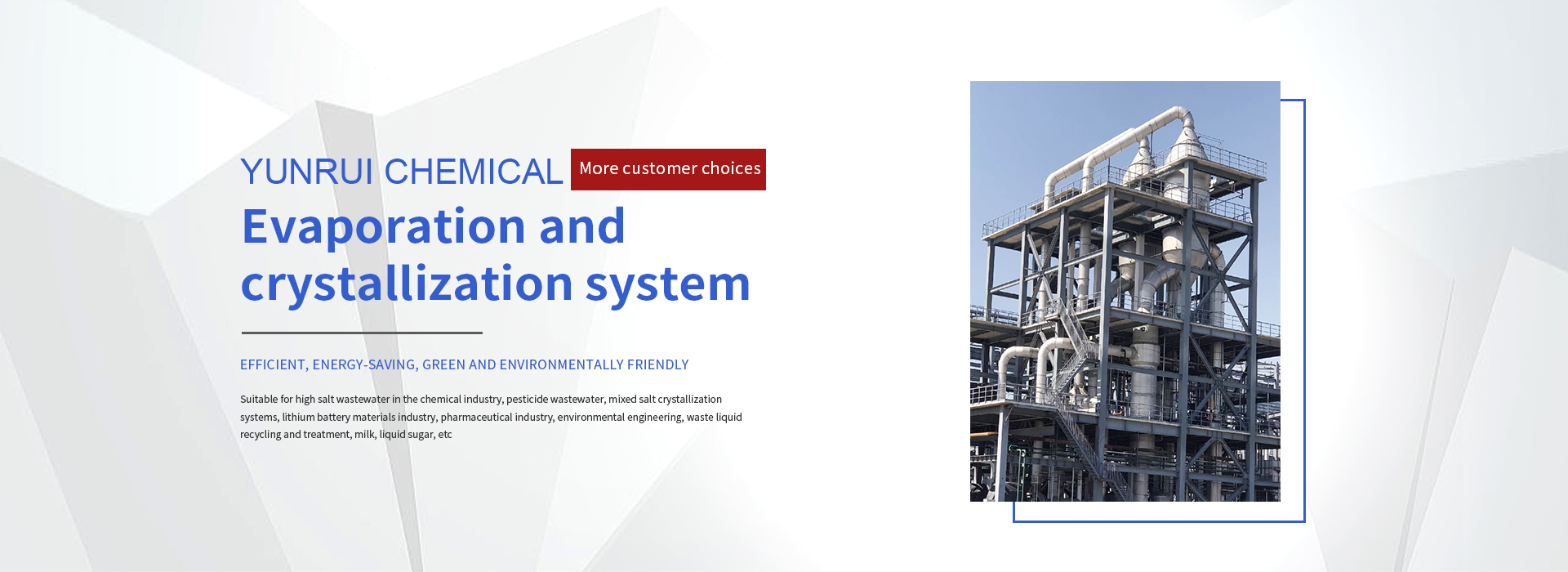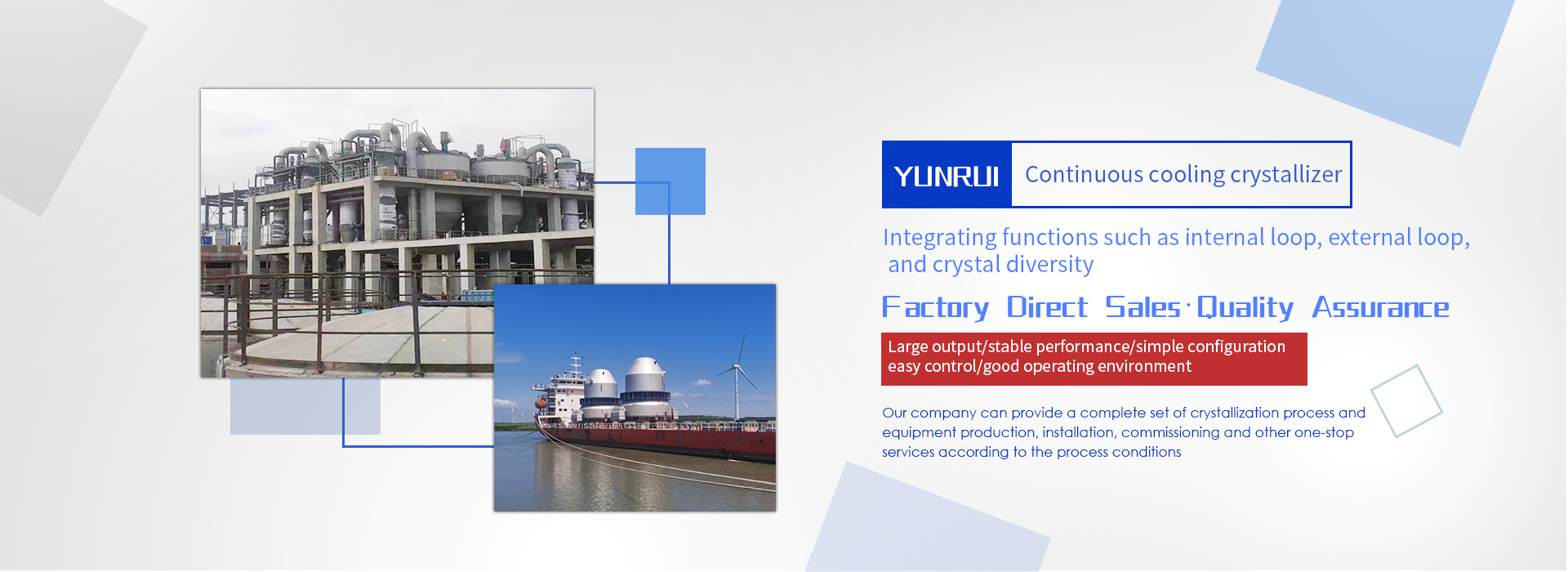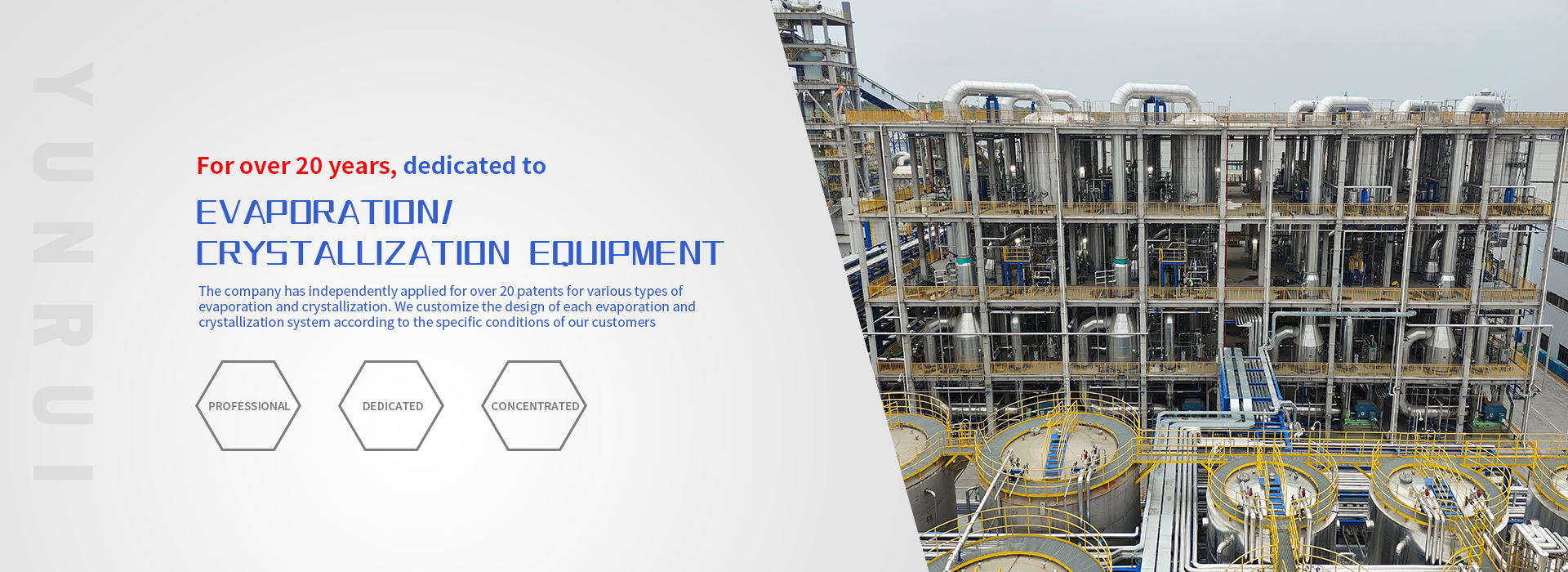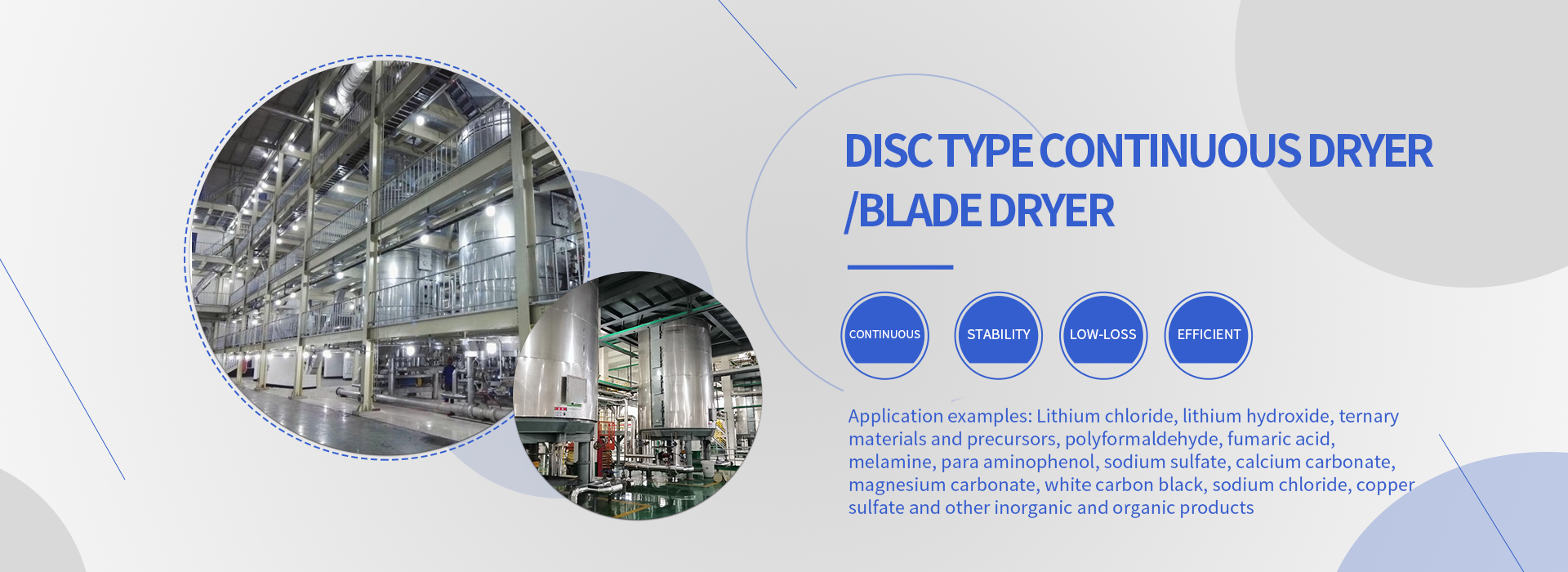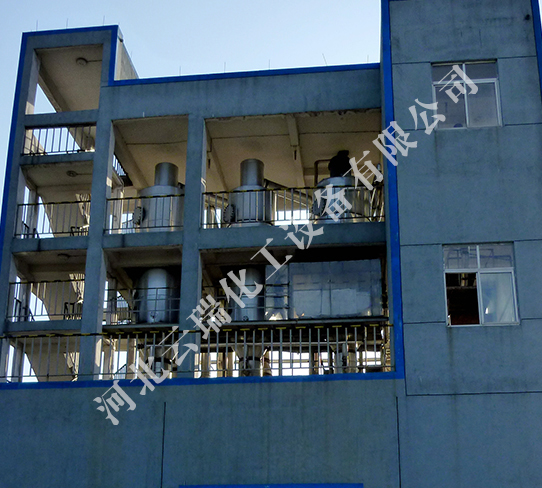Wastewater evaporators are becoming increasingly common in agricultural applications, providing strong support for the concept of sustainable agricultural development.
During the agricultural process, a lot of wastewater is generated, which may contain fertilizers, organic fertilizers, and other harmful substances. The wastewater evaporator can effectively solve these sewage problems by losing the water and leaving solid residue, thus achieving the effect of improving water quality. By using this application to treat wastewater, it can be safely used for agricultural irrigation, saving water sources and avoiding environmental pollution caused by harmful substances such as soil.
In addition, the wastewater evaporator can also recycle and reuse agricultural and animal husbandry wastewater. The steam generated during volatilization can be used to obtain clean water resources through cooling, which can be used for agricultural irrigation, breeding, and other major agricultural and animal husbandry purposes. This type of recycling not only reduces the consumption of agricultural and animal husbandry wastewater treatment, but also improves the efficiency of water resource utilization.
In summary, the application of wastewater evaporators in agriculture not only solves the difficulty of treating agricultural and animal husbandry wastewater, but also provides a good water source guarantee for agriculture.
Hebei Yunrui Chemical Equipment Co., LtdIndustrial evaporation, crystallization, drying, and
tower general contractor
tower general contractor
National Consultation Hotline:0311-68019522

 中文(簡體)
中文(簡體) 